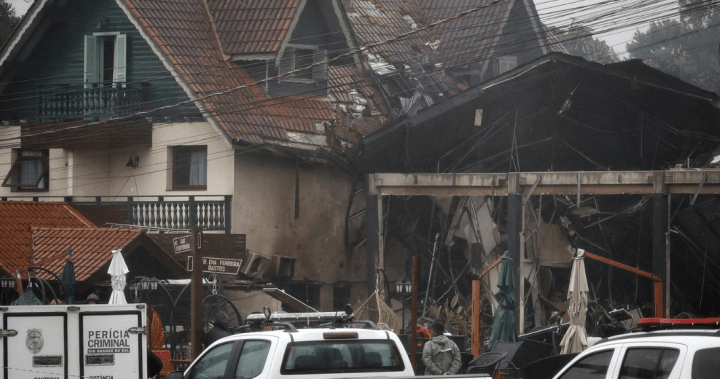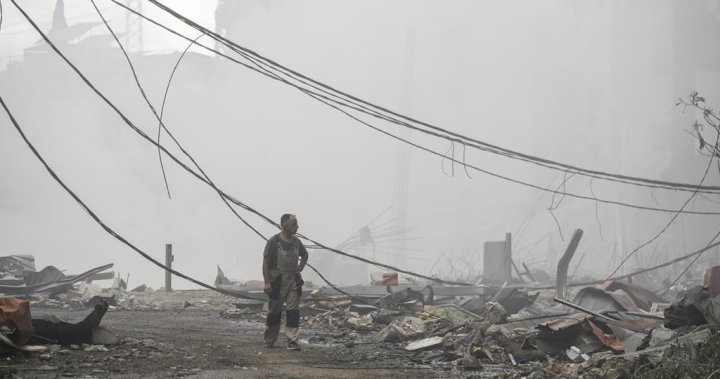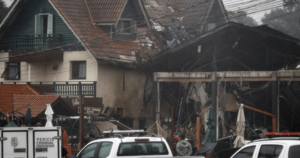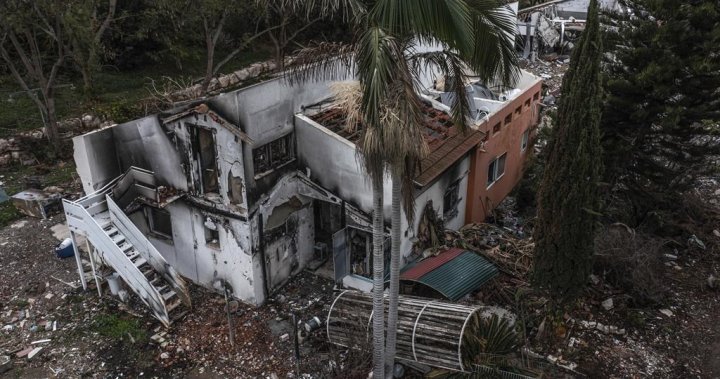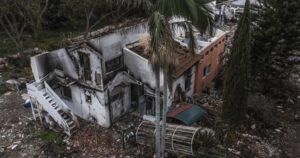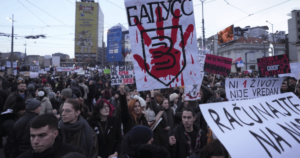Canada is adding another $15 million to its humanitarian aid package for Lebanon after the escalation of the conflict between Israel and the Lebanese Hezbollah group.
International Development Minister Ahmed Hussein says the new money will help Canadian and international aid groups provide food, water, emergency health care and other aid in Lebanon, although exact allocations have not yet been determined.
“This conflict is inflicting heavy losses on civilians in Lebanon and abroad,” Hussein said in a press conference.
“As of today, Canada has allocated $25 million to support the humanitarian response to help the most vulnerable civilians in Lebanon.”
The new $15 million in funding comes in addition to $10 million in aid announced by Hussein at the end of September.
He said $6 million of the previously announced funds will be divided between the Red Cross and the Humanitarian Coalition to match up to $3 million in donations made to individual aid campaigns for Lebanon.
Story continues below ad
$4 million will also be divided between the United Nations Relief Agency for Palestinian Refugees and the World Food Programme.

World Vision on the ground in Lebanon
Canada is also sending relief items from its stockpiles, including 5,000 blankets and 1,000 hygiene kits.

Get daily national news
Get the day’s top political, economic and current affairs news, headlines, delivered to your inbox once a day.
Hussein said that more than 2,000 people were killed in Lebanon, including two Canadians, and thousands of civilians were injured.
He added that the conflict has imposed great pressure on humanitarian organizations on the ground there.
Hussein said that there is an urgent need for food, medicine, shelter materials and emergency health care in Lebanon.
The Humanitarian Alliance urged Canadians to donate in a news release, saying donations sent between Sept. 24 and Nov. 23 will be eligible for a match from the government.
Story continues below ad
The coalition consists of 12 of Canada’s largest aid organizations.
“Many of our member organizations have been working in Lebanon for decades and are already providing life-saving essentials,” Executive Director Richard Morgan said in the statement.
But the scale of this emergency is catastrophic. “The humanitarian needs are enormous.”
The coalition said that the military escalation has led to a mass exodus in Lebanon, with many people fleeing their homes without obtaining basic necessities, and is also causing a psychological toll.
Trending now
-

The airline apologizes for showing an R-rated movie on every screen during the flight
-

As Hurricane Milton approaches, Tampa mayor says those who stay ‘will die’
He added that Lebanon’s 978 shelters are almost full, with many displaced people sleeping outside and becoming increasingly exposed to danger as the weather cools.
Global Affairs Canada said Wednesday that it has so far helped nearly 1,050 Canadians, permanent residents and their immediate family members leave Lebanon. It says it has also helped about 250 people from other countries leave Lebanon.
The agency says it is now receiving fewer than 100 new requests a day for information about departure options, and all eligible travelers have been offered departures, have departed or could depart in the coming days.

What is Canada’s plan to evacuate its citizens from Lebanon – and why are so many reluctant to leave?
Global Affairs Canada said on Monday and Tuesday that 205 people had left Lebanon.
Story continues below ad
As of October 8, there were more than 25,000 Canadians registered as being in Lebanon, but the government said the real number may be higher because registration is voluntary. Foreign Minister Melanie Jolie said earlier that there are an estimated 45,000 Canadians in the country.
On Wednesday, Hussein repeated calls for Canadians to leave Lebanon.
A spokesman for Immigration Minister Mark Miller said the focus now is on helping Canadian citizens and permanent residents, as well as their spouses and children, obtain the documents they need to travel.
“Furthermore, we are prioritizing the processing of certain types of family-category permanent residence applications,” spokeswoman Renee Proctor said in an email statement.
& Edition 2024 The Canadian Press




